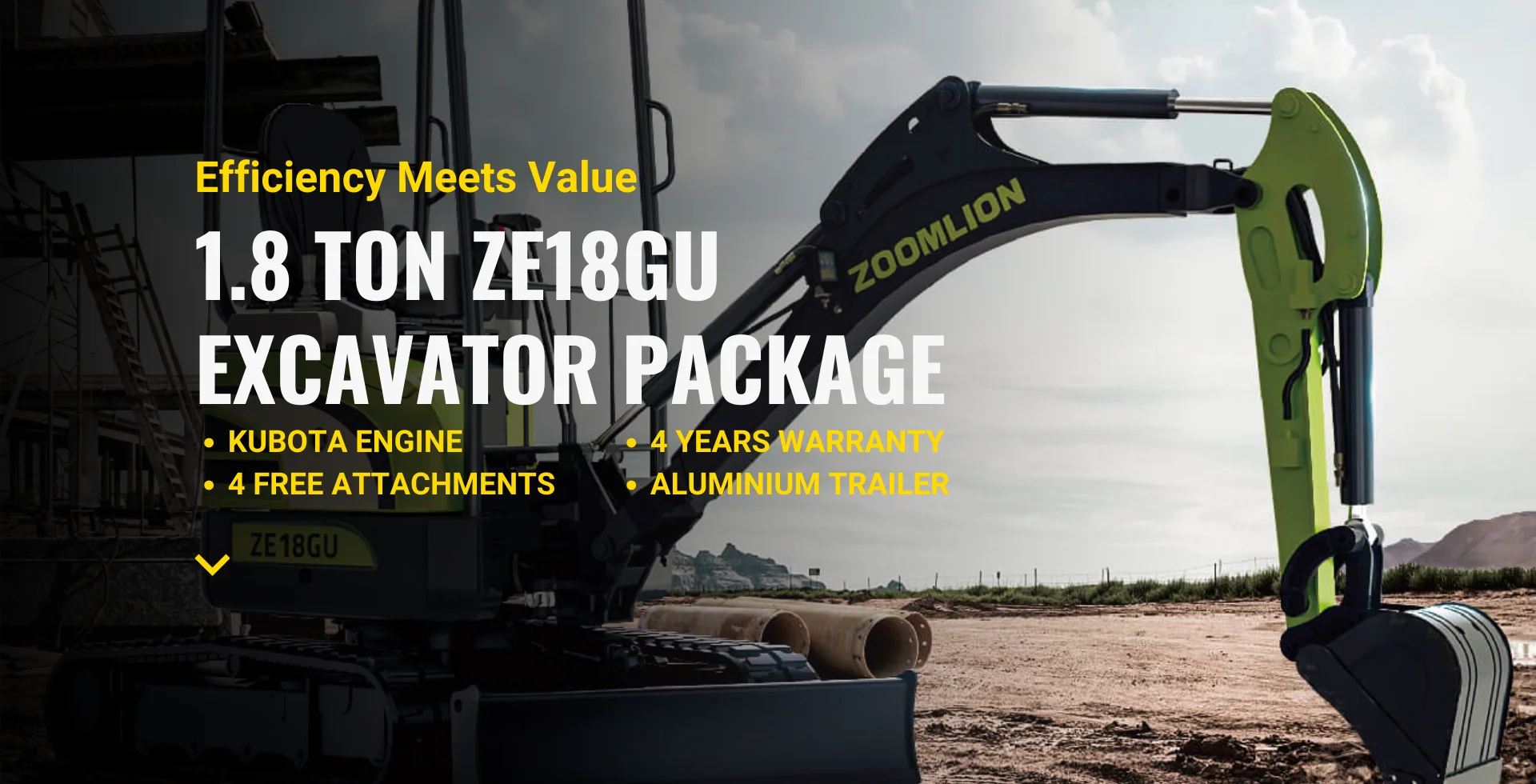
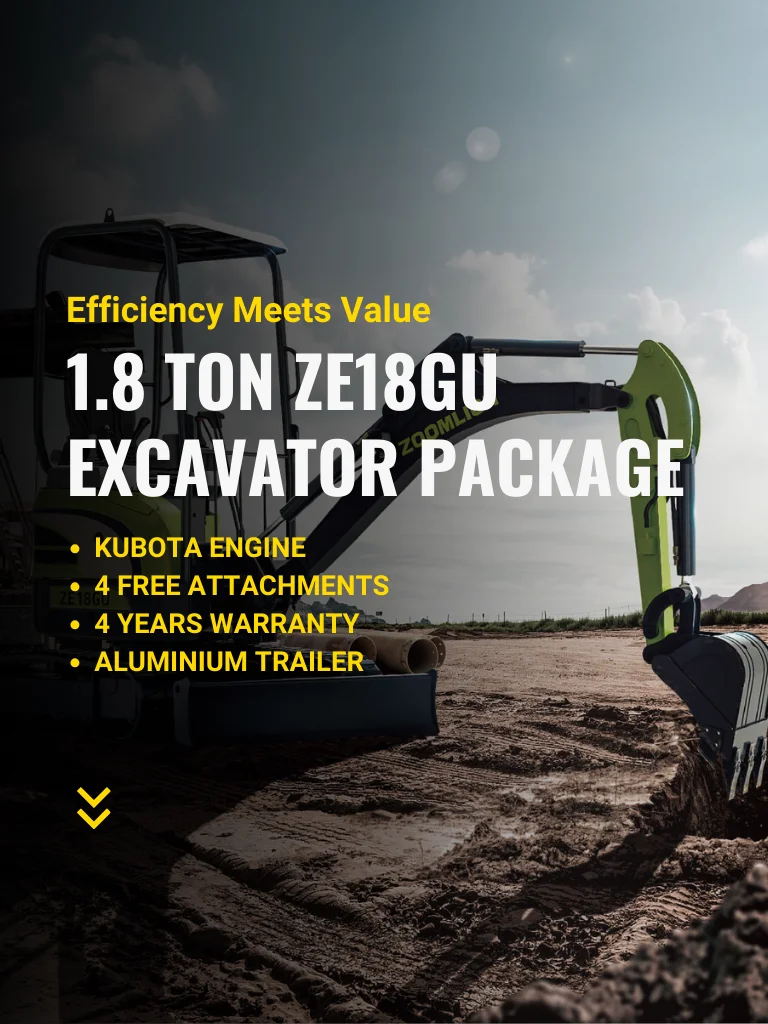
Our Range: Excavators
- E12
- YC10
- U18
- ZE18GU
- ZE26GU
- ZE35GU
- YC60
- ZE75E-10
- ZE135E-10
- ZE215E-10
- ZE370E
- ZE490EK-10
- ZE550EK-10
- ZE730EK-10


What impressed me most was their after-sales service. The response time was quick, the maintenance team was skilled, and any issues were resolved efficiently. The whole process, from consultation to delivery and support, was smooth and reliable. Prices are also very reasonable, providing great value for money.
If you’re looking for a trustworthy supplier of construction equipment, I highly recommend this company — whether you’re running a small project or a large-scale construction site, you can count on them for dependable machines and professional service!
Parts
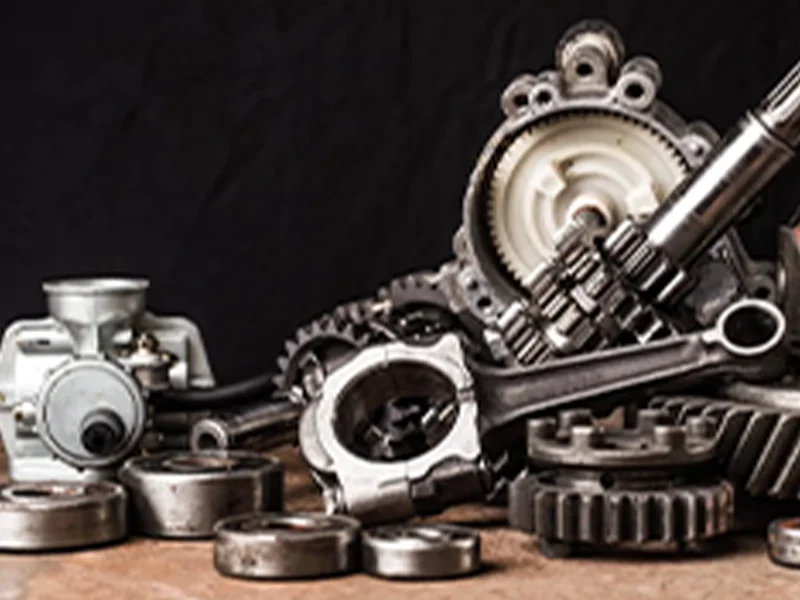
Service
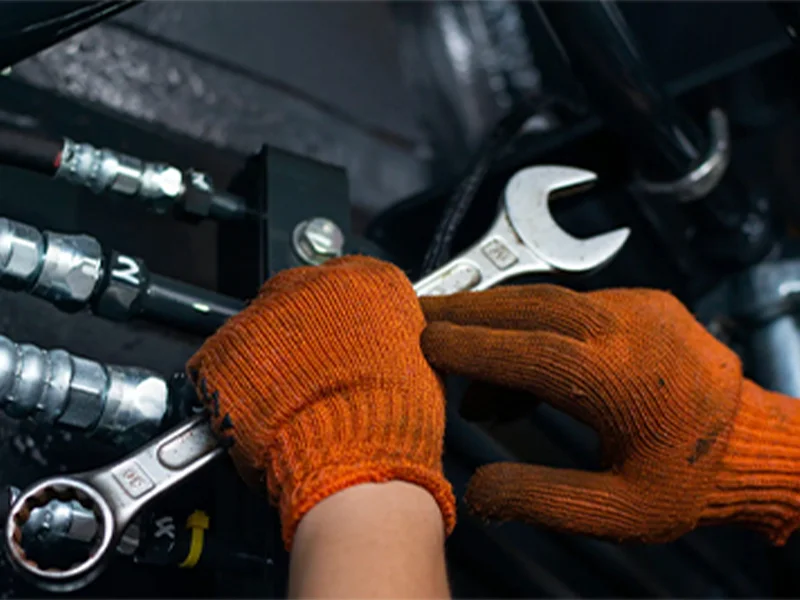
We offer maintenance and after-sale service to all of our customers. If you have any questions or need assistance, you can contact us through email, phone, Facebook, video, or other methods.We promise prompt responses to ensure your repair needs are addressed quickly and efficiently.
Finance

Our in-house finance team provides professional service all across the country, along with quick approvals, no/low doc finance options, and flexible leasing plans. We want to help you get your hands on a new loader as soon as possible and pay for it later. With monthly payments of only a few hundred dollars, you can own a brand new loader and get your job done!
Customization
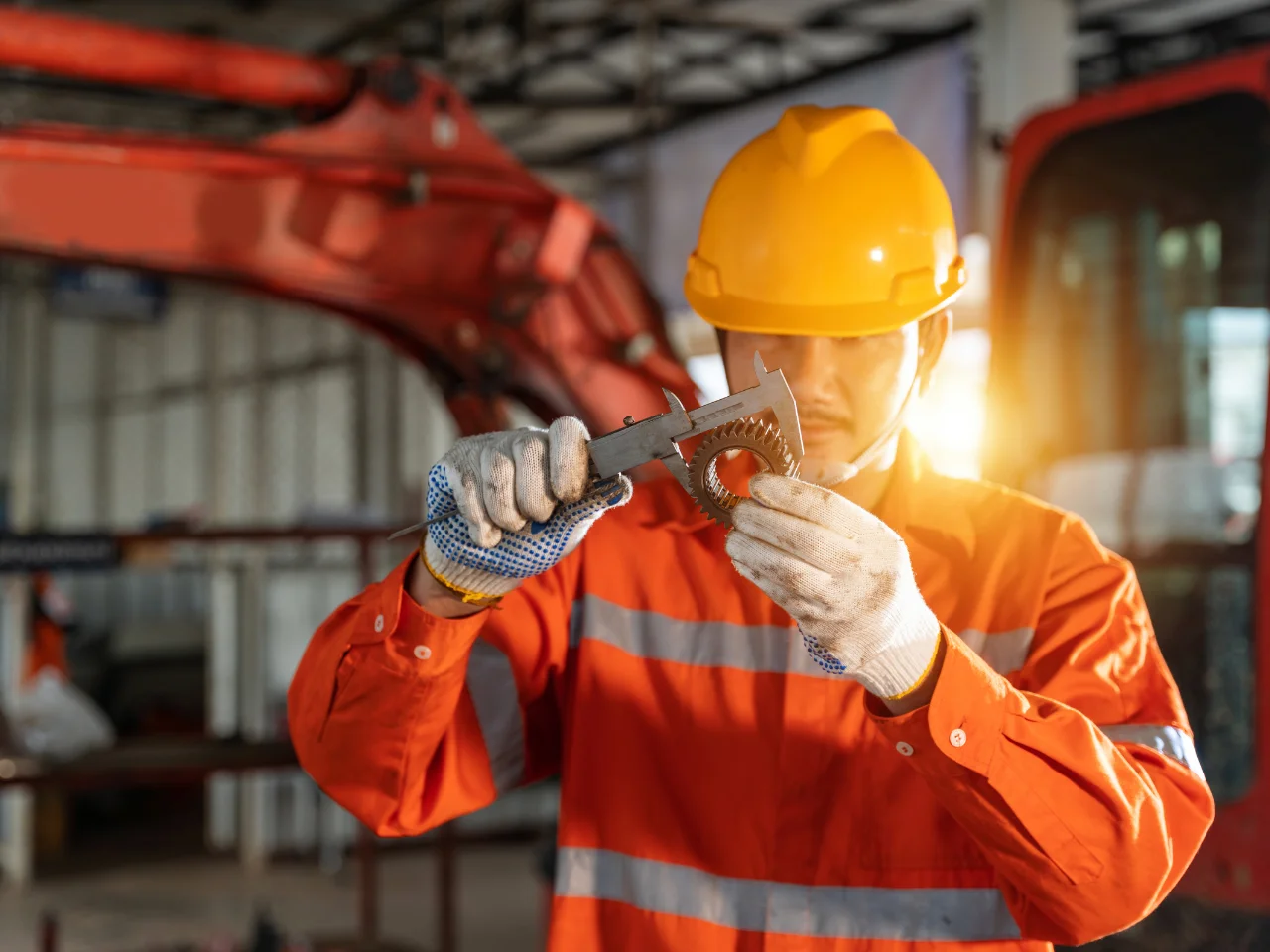
One of our greatest strengths is our ability to customize machinery and attachments to meet the specific needs of our clients. Whether you are in construction, agriculture, or any other industry, we can design and build equipment that is tailored to your unique requirements.
Your Comprehensive Guide to Buying Excavators in Australia
Size Overview: Excavators for Small to Medium Projects
- Mini Excavators: Ideal for small-scale projects, mini excavators (2-10 tons) offer maneuverability in tight spaces. They’re perfect for landscaping and urban utility work due to their compact size and efficiency.
- Medium Excavators: For a balance of power and agility, medium excavators (10-45 tons) are versatile for construction and road building. They offer deeper digging and lifting capabilities, suited for diverse professional tasks.
- Large Excavators: With weights up to 95 tons, large excavators handle demanding tasks like major construction and mining. They provide unparalleled digging force and capacity for large-scale projects.
Types of Excavators: From Standard to Specialized
Excavators, widely used in construction, come in various types, each designed for specific tasks. From standard models for general work to specialized machines for unique challenges, understanding these different types is key to selecting the right excavator for your project.
- Standard Excavators: The most versatile choice for various tasks, from trenching to construction. They offer powerful digging and multiple attachment options.
- Wheeled Excavators: Ideal for flat terrains, these excavators are mobile on wheels, offering speed and maneuverability in urban settings and on hard surfaces.
- Backhoe Excavators: Known for their dual-functionality with a digging arm and a loading bucket, perfect for urban excavation and material handling.
- Long-Reach Excavators: Featuring extended arms for hard-to-reach areas, these are ideal for tight excavation or demolition jobs.
- Hydraulic Shovels: Designed for heavy-duty tasks, especially in mining, with strong lifting arms and large buckets for moving heavy materials.
Key Performance Parameters of Excavators
The effectiveness of an excavator largely depends on its key performance parameters. Understanding factors like digging depth, lifting capacity, and operational efficiency is crucial in determining the right machine for your project needs.
- Digging Depth: Choose an excavator with the digging depth that meets your project’s requirements. Consider renting for occasional deeper projects.
- Lifting Capacity: Match the excavator’s lifting capacity with the heaviest materials you’ll handle. Larger excavators lift more, but assess your regular needs.
- Bucket Capacity: Select the bucket size based on material type and project scale. Larger buckets move more material but increase fuel use.
- Rated Power: For smaller projects, choose lower power; for larger tasks, opt for higher power. Consider material density and additional tool requirements.
- Traveling Speed: Faster speeds are better for large sites; slower speeds suit rough terrains. Balance speed with safety and task precision.
- Tail Slewing Radius: Smaller radius is essential for tight spaces and ease of transport. Consider your most common work environments.
Essential Excavator Attachments for Various Tasks
Different tasks require specific attachments. This section explores essential excavator attachments, enhancing versatility and productivity across various applications.
- Buckets: Versatile for a range of tasks from digging to clearing debris. Ideal for earthmoving, leveling, and site cleanup.
- Thumbs: Provide precision control for handling irregular materials. Best used with buckets for enhanced grip on bulky items.
- Hammers: Ideal for breaking through hard materials like concrete and rock. Choose based on the required impact force and job nature.
- Couplers: Facilitate quick attachment changes, boosting efficiency and safety. Essential for varied tasks like demolition and foundation work.
- Shears: High-performance tools for cutting through steel and other tough materials. Used in demolition, scrap processing, and material handling.
Key Features for Operator Comfort
Operator comfort is crucial for productivity. We’ll delve into key features that enhance comfort and safety in excavators, ensuring prolonged and efficient operation.
- Ergonomic Chairs: Provide lumbar support and reduce fatigue for long working hours.
- Spacious Cabin: Ample space allows free movement and easy access to controls, enhancing comfort and efficiency.
- Seats with Lateral Movements: Improve visibility and control, enabling easy position adjustments relative to the work area.
- Climate Control System: Heating and air conditioning ensure a comfortable cabin environment in all weather conditions.
- Communication Technology: Essential for safety and coordination, keeping the operator connected with the team.
- Operator-Friendly Controls: Intuitive and smooth controls reduce learning time and improve comfort and efficiency during operations.
Understanding the Cost Factors of Excavator Ownership
Owning an excavator involves various costs. Here, we break down the key cost factors, from initial purchase to maintenance, aiding in a comprehensive budget assessment.
- Purchase Price: Define your budget, choose the right size and type for your needs. Consider used equipment for limited budgets, and always check the maintenance history.
- Transportation Costs: Choose a reliable transporter, understand all costs involved, and consider proximity to suppliers to reduce expenses.
- Replacement Parts and Attachments: Opt for OEM parts and reputable brands, and ensure timely availability of replacements.
- Fuel Costs: Assess fuel efficiency based on workload and select excavators that optimize fuel consumption.
- Maintenance and Servicing: Adhere to maintenance schedules, perform regular servicing, and address issues quickly to minimize repair costs and extend longevity.
- Insurance Costs: Evaluate your needs, compare insurance quotes, and tailor a plan that offers comprehensive coverage at a reasonable cost.
- Taxes and Fees: Understand local tax policies and regulations to anticipate all potential financial obligations.
Key Safety Aspects of Excavators
Safety is paramount when operating excavators. This section focuses on the key safety aspects, from built-in safety features to best practices, ensuring a secure working environment for operators and site personnel.
- Operator Cab Safety: Ensure compliance with ROPS and FOPS standards. Accessible emergency exits are vital for operator safety.
- Sensing and Detection Systems: Check for systems that detect obstacles and hazards, ensuring compliance with industry standards for maximum safety.
- Warning Systems: Choose excavators with systems alerting operators to potential dangers like low oil levels or high temperatures.
- High-Resolution Cameras: Look for cameras that offer clear views and broad coverage of the work area, complying with industry standards.
- Lighting Systems: Ensure adequate lighting for visibility in low-light conditions, complying with safety regulations.
- Load Management Systems: Opt for systems that help monitor and control load weight and balance, crucial for preventing tip-overs and maintaining stability.
Navigating After-Sales Services for Excavators
After-sales services are pivotal for excavator longevity. We’ll guide you through selecting effective services and support, ensuring ongoing performance and reliability.
- Warranty Coverage: Understand what’s covered under warranty and review its duration. Ensure critical components are included.
- Genuine Parts Availability: Confirm the use of original or reputable brand parts for maintenance, and check the parts’ location for easy access.
- Equipment Upgrades: Inquire about upgrade support and the timeliness of available enhancements.
- Repair Service Centers: Choose suppliers with service centers close to your sites to minimize downtime and speed up repairs.
- Consultation Services: Ensure the supplier offers a reliable after-sales hotline for ongoing machine maintenance support.
- Training Programs: For new operators, check if the supplier provides training resources and manuals to improve operational efficiency and safety.
Buy Your Excavator Now
With this guide, we aim to simplify your decision in choosing the right excavator. If you need further assistance or have specific queries, our team of experts is ready to help. Contact us for personalized guidance to find the excavator that best fits your project’s needs.


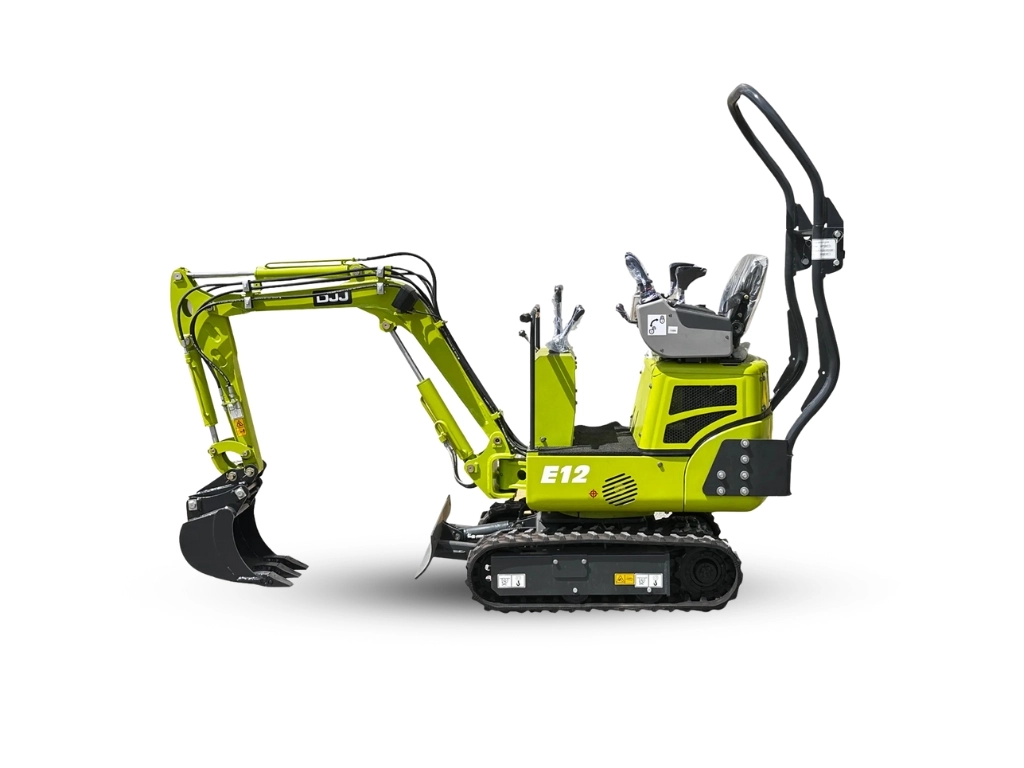
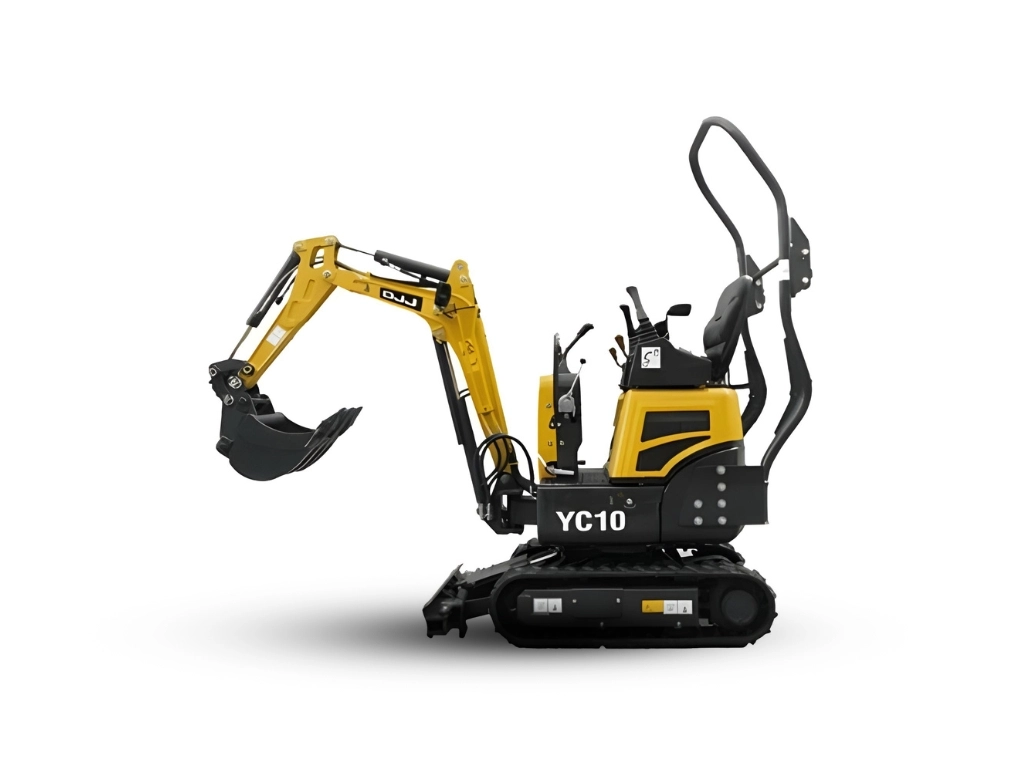
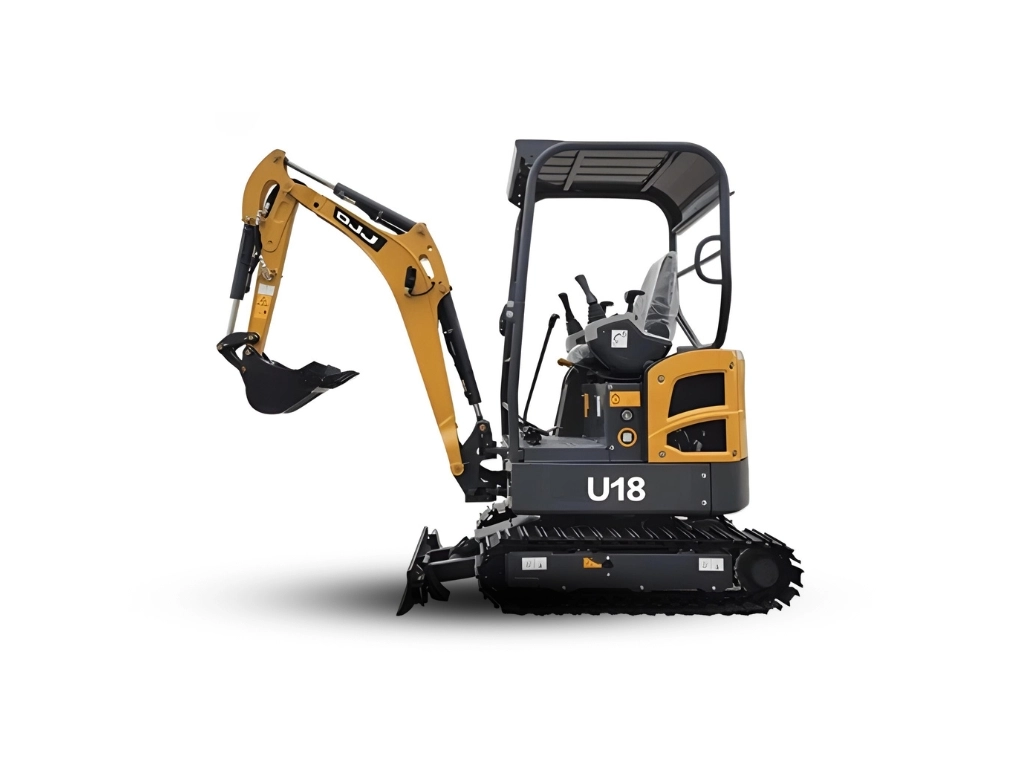
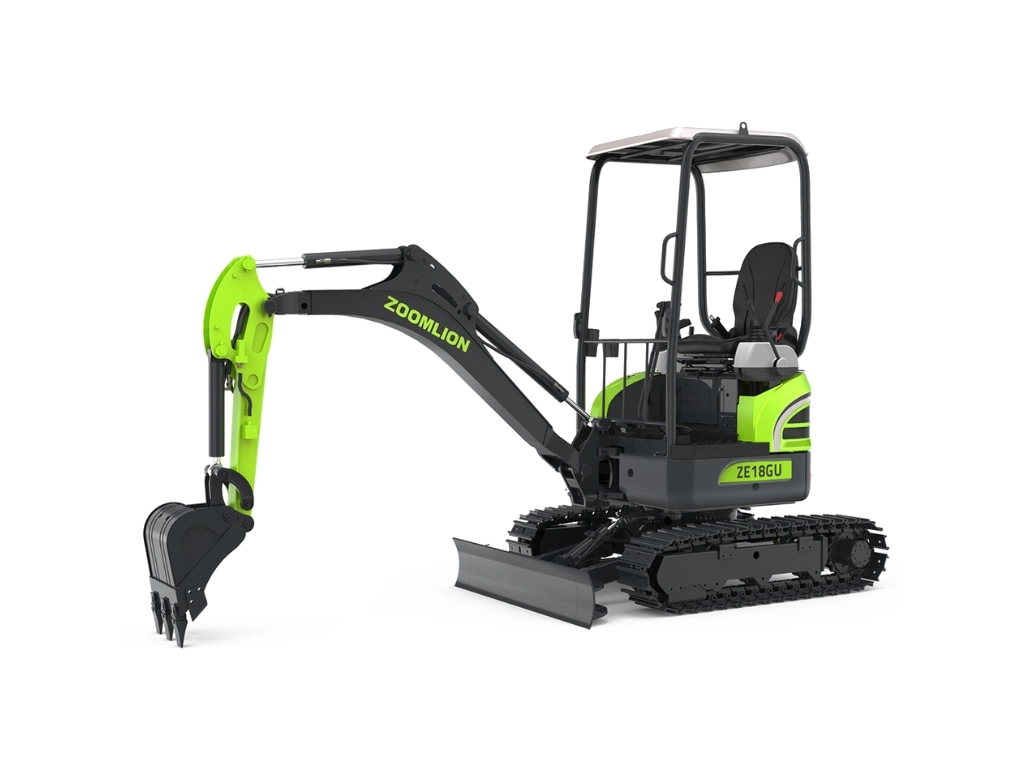
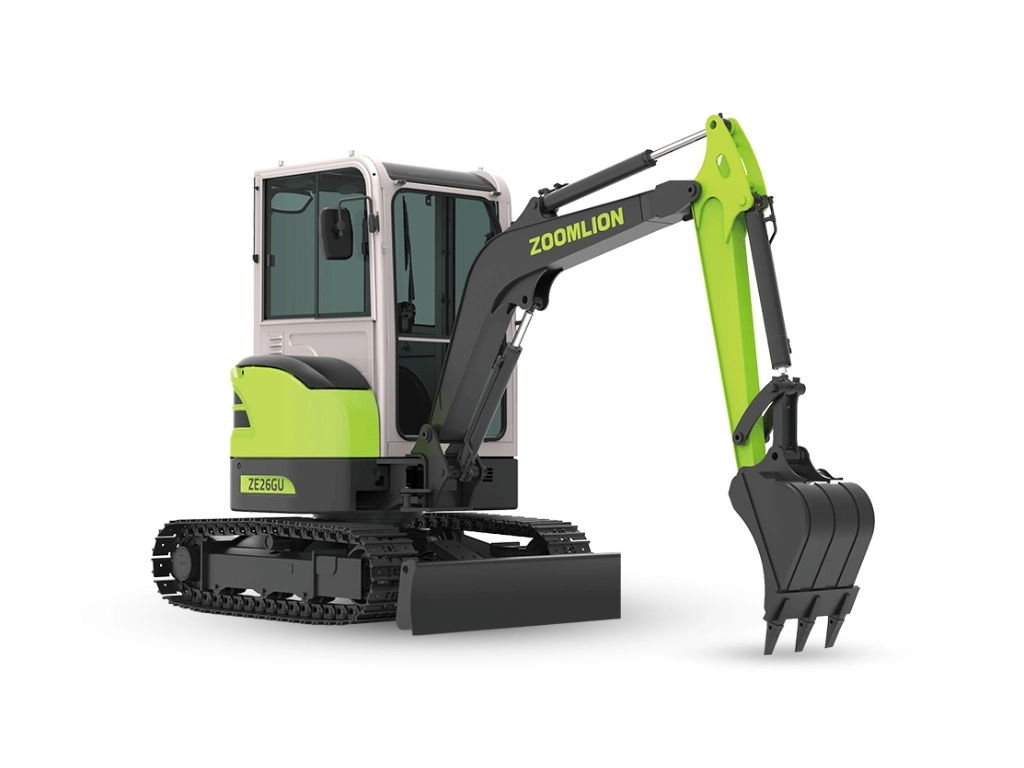
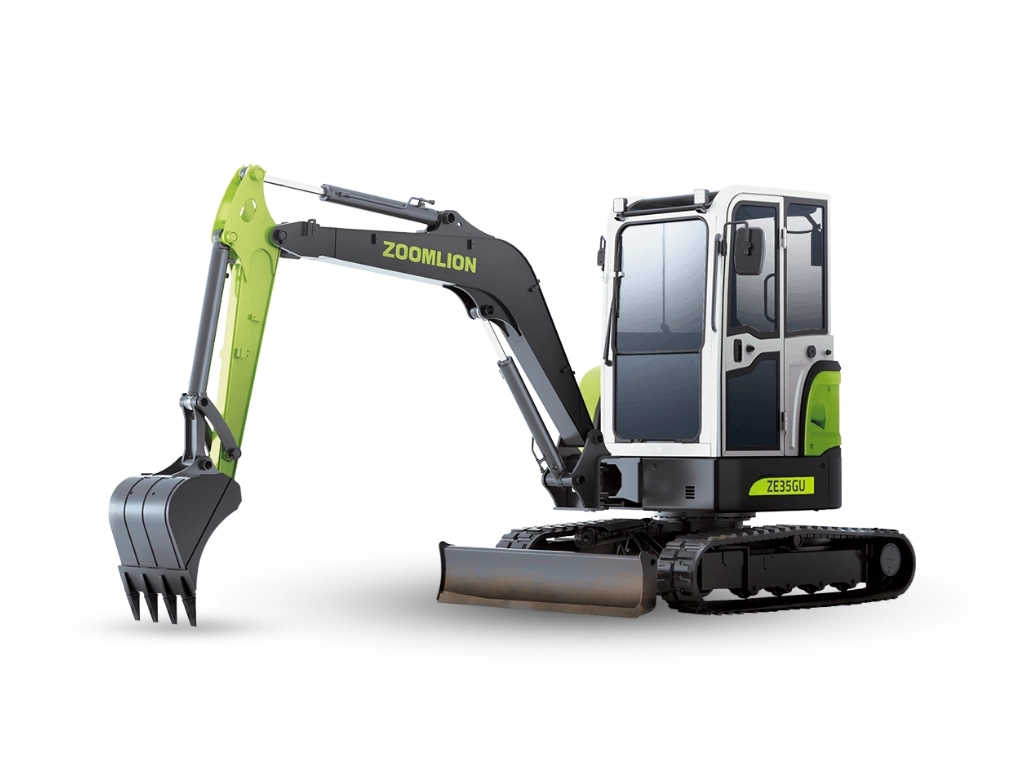
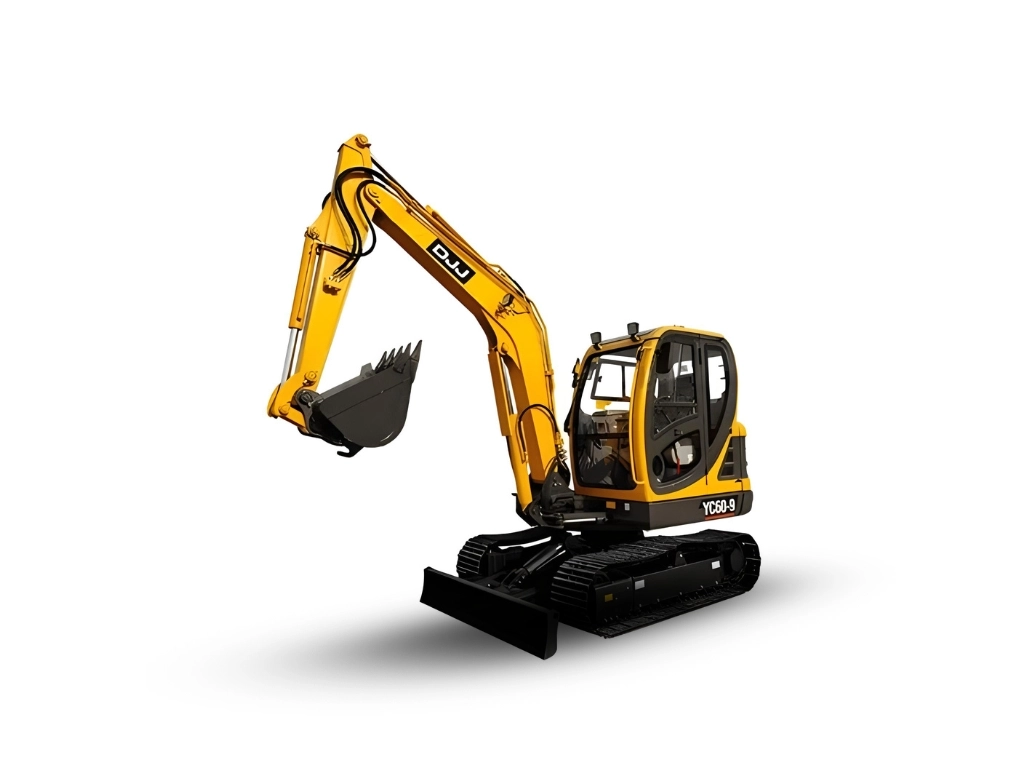
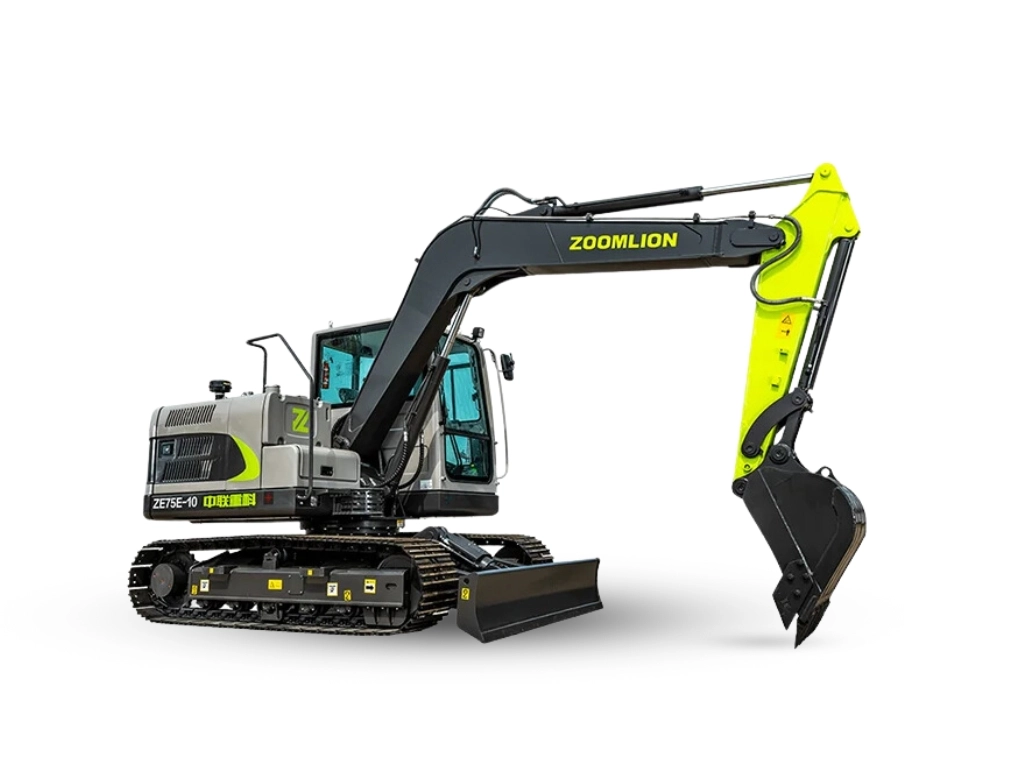
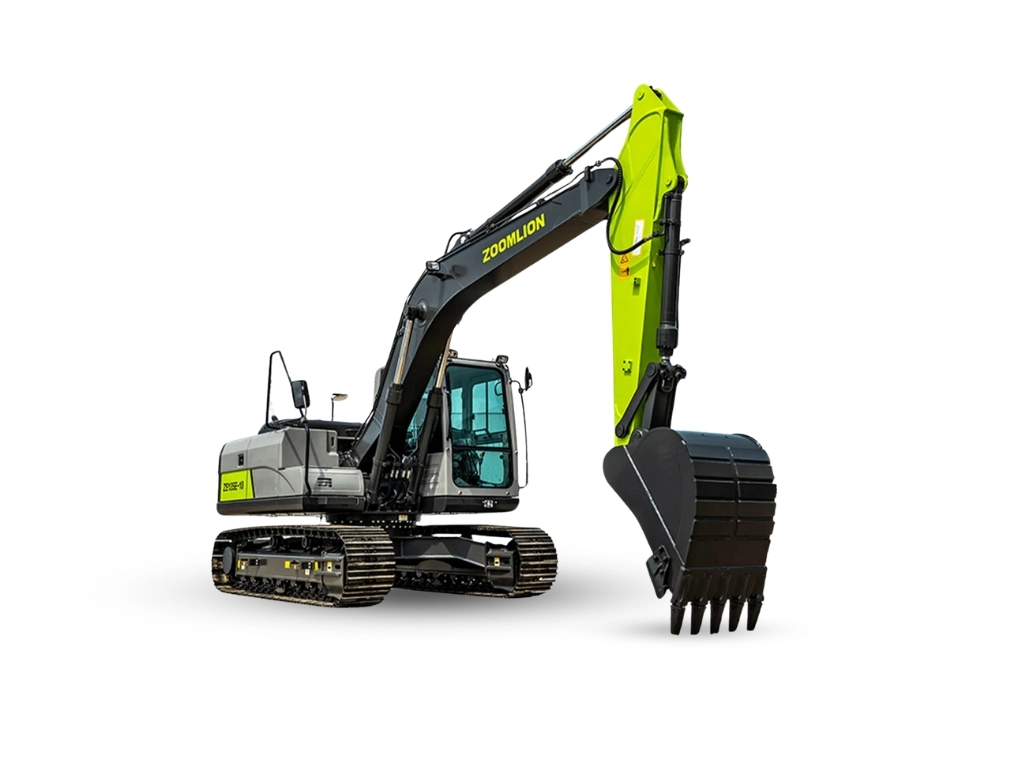
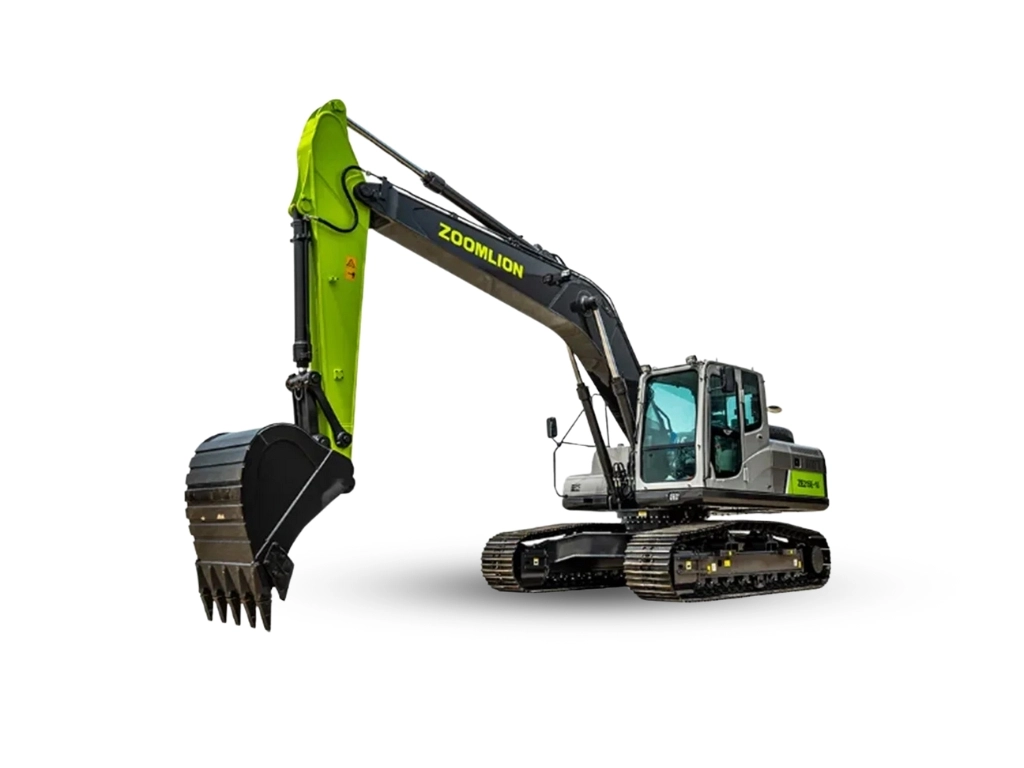
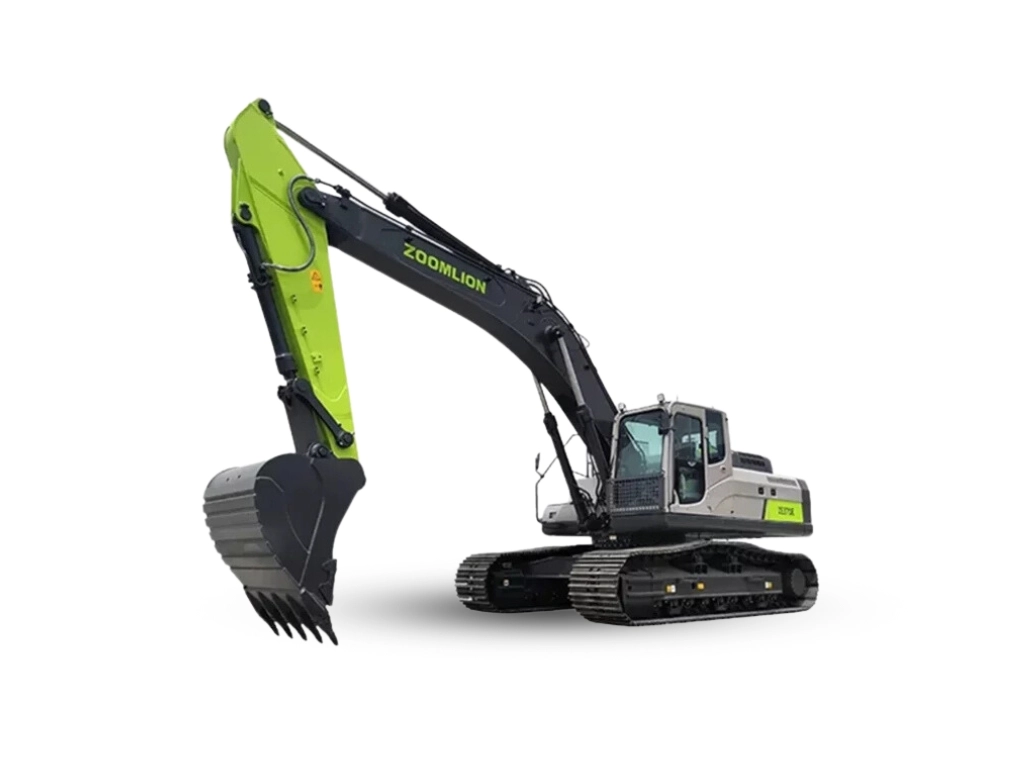
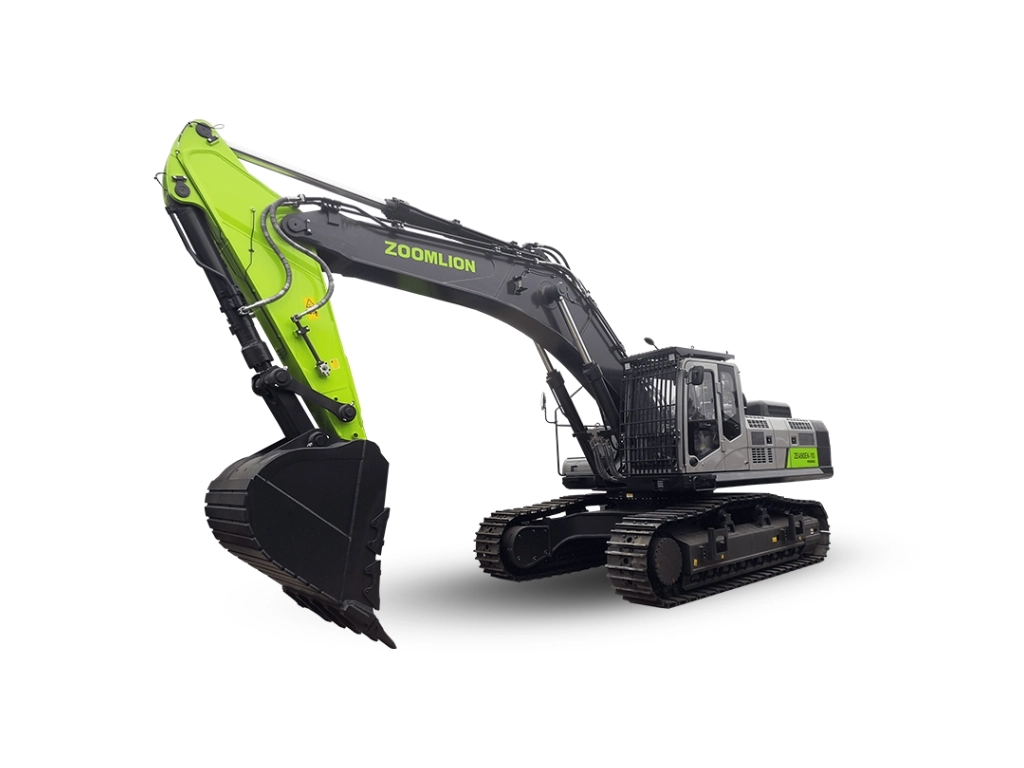
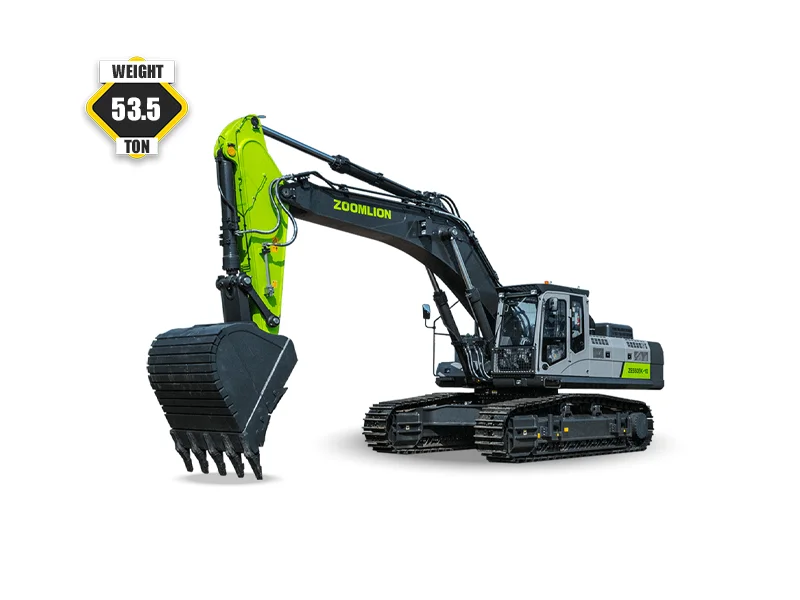
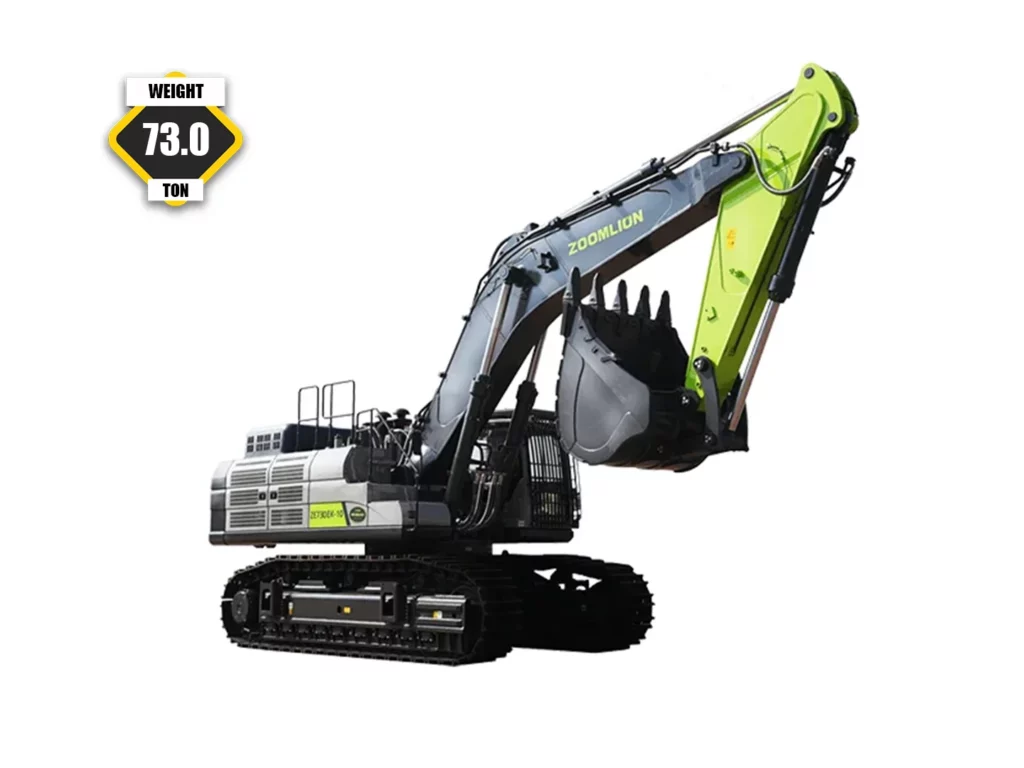
.webp)